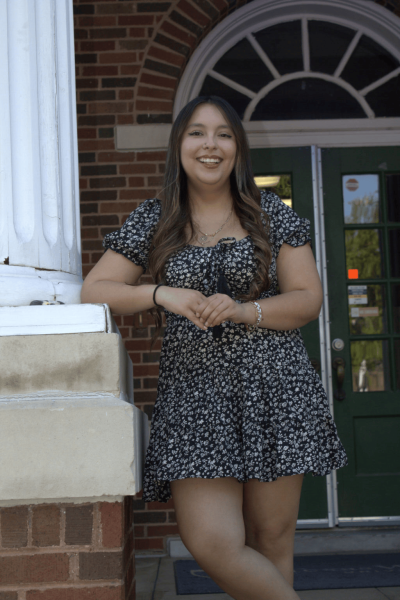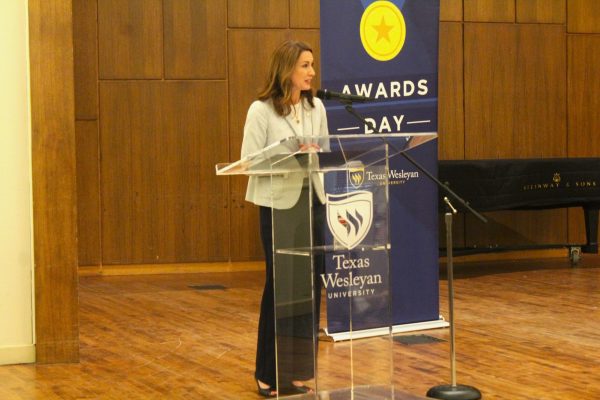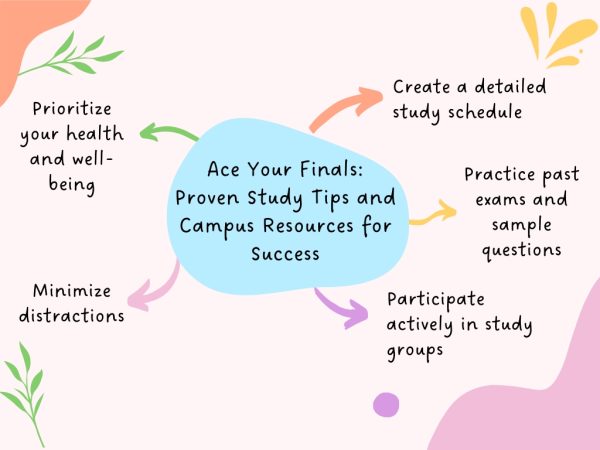Wesleyan employees resume using guidelines after Supreme Court ruling
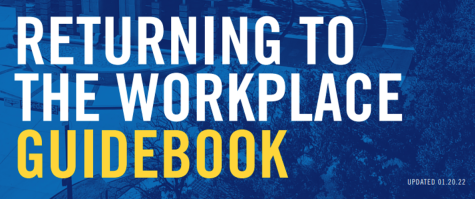
The emergency temporary standard (ETS) issued by the Occupational Safety and Health Administration (OCHA) on Nov. 04, 2021 was blocked by the U.S. Supreme Court as of Jan. 13. 2022. As a result, Associate Vice President of Human Resources Dr. Angela Dampeer confirmed that Texas Wesleyan Univsersity has withdrawn its own emergency temporary standard policy associated with collecting the COVID vaccination status of employees (including student employees) and all of its deadlines, testing and exemption requests.
Originally, the ETS stated that businesses with employees over 100 people were required to collect employee’s proof of a COVID vaccine or be subjected to weekly testing while requiring them to wear a mask to enter their workforce. Since Wesleyan has more than 100 employees, they were subject to follow the mandate if the Supreme Court approved it.
The mandate, which was heavily supported by President Joe Biden to slow the progression of COVID, was declined by the Supreme Court a week after the university emailed employees stating that human resources was starting to collect the data in advance of the deadlines.
The university decided to revert to their previous employee COVID practices.“Our employees are guided by our returning to the workplace guidebook as it relates to our current policies on COVID and the procedures and masking requirements,” said Dampeer.
The Return To Campus Guidelines states instructions on how to proceed if someone tests positive for Covid. The guidelines also provide details about staff members/students having to wear a face covering inside buildings and not allow eating or drinking in classrooms to prevent unnecessary reasons to remove masks.
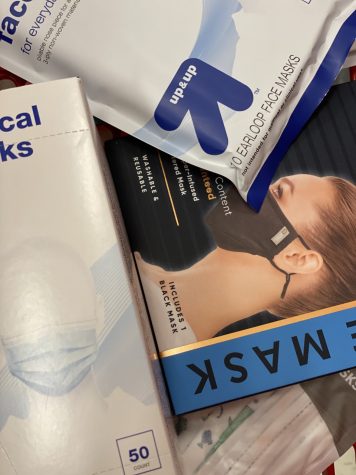
Dr. Thomas Nichols, an associate professor of management, appreciates the university’s attempts to keep the campus safe from COVID.
“Our students in the School of Business have been very respectful of mask and social distancing policies and I am very proud to be part of this community. President Slabach and HR give us regular updates and make clear they are following expert guidance. I am happy Texas Wesleyan is following federal mandates and embracing the advice of experts,” Nichols said.
Even though Wesleyan decided not to track employee vaccination status, Nichols feels it is important to keep monitoring COVID issues.
He said, “As much as we would like it to be, and as much as we don’t want to wear masks in public or quarantine, the fact of the matter is that the pandemic is not over, and people are still spreading the virus and people are still contracting the disease, dying, or ending up with long-term debilitating conditions.”
Sophomore student employee in admissions and political science major Jeffrey Chanta has a similar opinion over COVID procedures. He feels that protection from non-vaccinated people is relative because it’s better “to be safe than sorry.” Chanta said, “Things do seem to be getting a little better. But the fight for this pandemic is not nowhere close to being done.”
He believes that being vaccinated is the person’s choice because it is their body; however, those who choose not to vaccinate should test weekly. “It’s just a way to keep everyone in check,” Chanta said.
When asked if he feels protected by Wesleyan’s COVID policies, Chanta said he feels unprotected by requiring classes to resume face-to-face without an online alternative.
“They should give students the option to attend virtually or in-person. Some students will literally have a cough or runny nose, but since it’s not COVID they think it’s okay to come to class sick,” Chanta said.
Sophomore and history major Alfonso Salais, a student employee assisting the dean of the School of Arts and Science and supplemental instructor for the history department, believes employees should not track employees vaccination status but also feels that testing is necessary to reduce the spread of COVID.
“I don’t think it should be required to show your vaccination status. They can’t really force anybody – that’s their personal business. But, understandably, if they do want to test people to make sure nobody gets it, I don’t see any issues with that.”
However, Salais feels that if Wesleyan did implement the ETS on campus, the test should be available in-person. “I do believe tests should be provided on campus so that they don’t have to go out of their way to go get it. As an employer, it’s up to them,” he said.
For now, the employees who submitted their vaccination status to the human resource department will not have to worry about their private information because it is stored on a confidentially secured network. “And what will happen is the university will maintain them as appropriate under our retention policies and further guidance from OSHA,” said Dampeer.
She added, “It’s just important that we share with our campus community that we want everybody to remain safe.That’s what’s most important.”

Veida Dima is a senior at Texas Wesleyan University pursuing a degree in English. She has been a content producer for Rambler Media Group since Spring...









![Pippin, played by Hunter Heart, leads a musical number in the second act of the musical. [Photo courtesy Kris Ikejiri]](https://therambler.org/wp-content/uploads/2025/04/Pippin-Review-1200x800.jpg)
![Harriet and Warren, played by Trinity Chenault and Trent Cole, embrace in a hug [Photo courtesy Lauren Hunt]](https://therambler.org/wp-content/uploads/2025/02/lettersfromthelibrary_01-1200x800.jpg)
![Samantha Barragan celebrates following victory in a bout. [Photo courtesy Tu Pha]](https://therambler.org/wp-content/uploads/2025/05/20250504_164435000_iOS-834x1200.jpg)





![Hunter Heart (center), the play's lead, rehearses a scene alongside other student actors. [Photo courtesy Jacob Sanchez]](https://therambler.org/wp-content/uploads/2025/04/thumbnail_IMG_8412-1200x816.jpg)
![Student actors rehearse for Pippin, Theatre Wesleyan's upcoming musical. [Photo courtesy Jacob Rivera-Sanchez]](https://therambler.org/wp-content/uploads/2025/04/Pippin-Preview-1200x739.jpg)
![[Photo courtesy Brooklyn Rowe]](https://therambler.org/wp-content/uploads/2025/05/CMYK_Shaiza_4227-1080x1200.jpg)

![Lady Rams softball wraps up weekend against Nelson Lions with a victory [6 – 1]](https://therambler.org/wp-content/uploads/2025/04/Screenshot-2025-04-04-100924-1200x647.png)

















